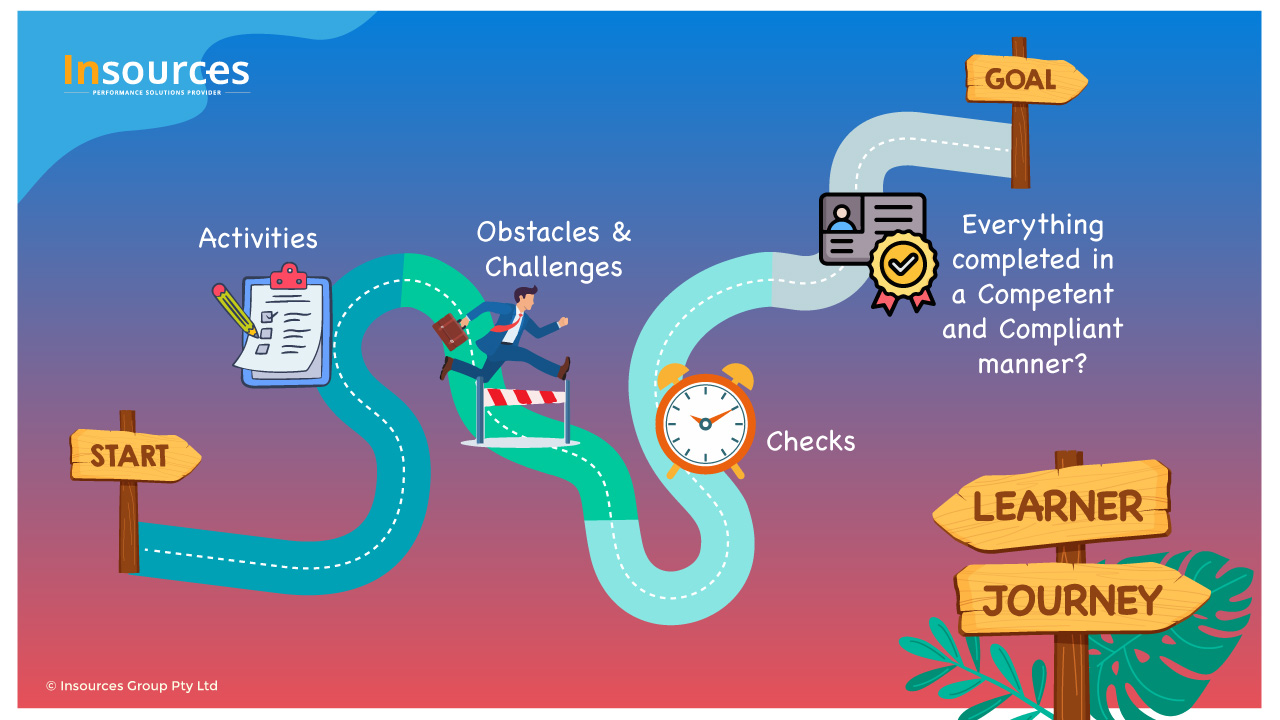
VET policy makers have adopted a culture of perpetual beta – a phrase commonly used to describe the development of new technology in an open environment. They believe this idea of “never finished” could encourage innovation and provide an appropriate environment for agility in leadership and modern business practices.
Are we using the perpetual beta culture as a strategy in the VET sector? The short answer is no.
A central aspect of this perpetual beta mindset is the shift from a closed environment to one that is open and collaborative. This is one aspect where VET authorities have failed since implementing the AQTF 2001. Consultation with RTOs and industry has been rather limited to players selected from the authorities and not proposed by the different sectors. Consultation outcomes have failed to go beyond meeting minutes, and final decisions have not been responsive to feedback provided by RTOs and industry.
The use of a perpetual beta approach has been accidental, definitively not planned by VET authorities, and it’s not enabling us to continually and successfully reinvent ourselves, and our business model year-after-year, as the workplace and VET landscapes evolve.
To work successfully in VET, we need to understand the world of work. With the advent of social networking, crowdsourcing, crowdfunding and open-sourced innovation, we are seeing a move from top-down “command and control” business to more power being placed in the hands of individuals. Our regulatory framework is not fit for purpose, it’s centralised, and gives the “command and control” of RTOs’ operations to a National Regulator that struggles to understand and value the diversity of VET stakeholders.
Australia’s VET sector should use the power of a perpetual beta mindset, instead of suffer the challenge of continuous changes in the world of work. We need better leadership in all VET sectors including policy makers, regulators, content developers, and RTOs. Leaders that understand that people are reframing the entire meaning of work, exploring careers across different disciplines and functional areas, embracing their creative and entrepreneurial spirits, and developing passion-based lifestyles. Our current VET sector no longer has space for Vocational, Education, or relevant Training, and has become a static and irrelevant compliance benchmark.
Vocational Education and Training organisations have exciting opportunities for growth, but only those organisations that are flexible enough to adapt to the needs of industry and learners, and are ready to show relevant results, but unfortunately our “formal” VET sector seems to be going in a different direction.




